IPCC in its latest climate change report on Monday said that global warming is dangerously close to spiralling out of control
IPCC in its latest climate change report on Monday said that global warming is dangerously close to spiralling out of control as UN Secretary-General António Guterres marked the report as "code red for humanity." The report, by a United Nations climate panel, said that humans are "unequivocally" to blame as it warned the world is certainly going to face further climate disruptions for the coming decades, if not centuries.
What is IPCC?
The full form of IPCC is Intergovernmental Panel on Climate Change. It is a panel on climate change of UN that provides information relevant to human-induced climate change and the impacts it has naturally, politically and economically and the risk. The panel also tells the possible response options.
IPCC headquarters: The UN climate change panel is headquartered in Switzerland's Geneva and it was founded in 1988 by Bert Bolin.
The UN's IPCC is an internationally accepted authority on climate change as the panel works widely with collaboration by leading climate change scientists and with the consensus of participating governments.
The IPCC's grave report comes just months before the COP26, 2021 United Nations Climate Change Conference is slated to take place in Glasgow, Scotland.
The climate change report by the IPCC has come to conclusion after drawing from over 14,000 scientific studies. The report if immediate, rapid, and large-scale action is not taken to reduce emissions, in 20 years, the average global temperature will cross or reach 1.5-degree Celsius (2.7 degrees Fahrenheit) warming threshold.
What does the IPCC report mean for India?
The IPCC report for India means that in the coming years sea-level will rise as heatwaves and humid heat stress will be more intense and frequent. There will also be a glacial retreat in Hindu Kush Himalayas while intense tropical cyclones will hit India eventually leading to flooding and the monsoon will become erratic.
![submenu-img]() Central government makes bold move, lifts ban on agricultural sector for…
Central government makes bold move, lifts ban on agricultural sector for…![submenu-img]() BCCI announces 15-member squad for Bangladesh T20Is, pace sensation Mayank Yadav earns maiden call-up
BCCI announces 15-member squad for Bangladesh T20Is, pace sensation Mayank Yadav earns maiden call-up![submenu-img]() Meet man, who started company after sending drunk text to boss, not from IIT, IIM, his worth is Rs...
Meet man, who started company after sending drunk text to boss, not from IIT, IIM, his worth is Rs...![submenu-img]() Sanjay Gandhi, Bhindranwale's conversation to Sikhs firing: CBFC wants these cuts from Kangana Ranaut's Emergency
Sanjay Gandhi, Bhindranwale's conversation to Sikhs firing: CBFC wants these cuts from Kangana Ranaut's Emergency ![submenu-img]() Watch: Karisma Kapoor recreates ‘Sona Kitna Sona’ song with Zaheer Iqbal, Sonakshi Sinha's reaction goes viral
Watch: Karisma Kapoor recreates ‘Sona Kitna Sona’ song with Zaheer Iqbal, Sonakshi Sinha's reaction goes viral![submenu-img]() 'PoK खाली किए बगैर नहीं सुलझेगा...', UNGA में पाकिस्तान पर जमकर बरसे विदेश मंत्री जयशंकर
'PoK खाली किए बगैर नहीं सुलझेगा...', UNGA में पाकिस्तान पर जमकर बरसे विदेश मंत्री जयशंकर![submenu-img]() Team India Squad: बांग्लादेश के छक्के छुड़ाएगा IPL का ये तूफानी गेंदबाज, BCCI ने पहली बार दिया टीम में मौका, नए चेहरों की भरमार
Team India Squad: बांग्लादेश के छक्के छुड़ाएगा IPL का ये तूफानी गेंदबाज, BCCI ने पहली बार दिया टीम में मौका, नए चेहरों की भरमार![submenu-img]() पिता सीएम, बेटा डिप्टी CM... तमिलनाडु कैबिनेट में बड़ा फेरबदल, उदयनिधि स्टालिन मिली ये जिम्मेदारी
पिता सीएम, बेटा डिप्टी CM... तमिलनाडु कैबिनेट में बड़ा फेरबदल, उदयनिधि स्टालिन मिली ये जिम्मेदारी![submenu-img]() Maharashtra Assembly Elections 2024: महाराष्ट्र में 22 फीसदी बढ़ीं महिला वोटर, कब होंगे चुनाव? निर्वाचन आयोग ने बताई डेडलाइन
Maharashtra Assembly Elections 2024: महाराष्ट्र में 22 फीसदी बढ़ीं महिला वोटर, कब होंगे चुनाव? निर्वाचन आयोग ने बताई डेडलाइन![submenu-img]() Jammu-Kashmir Encounter: कुलगाम मुठभेड़ में 2 आंतकी ढेर, ASP समेत 5 सुरक्षाकर्मी हुए घायल
Jammu-Kashmir Encounter: कुलगाम मुठभेड़ में 2 आंतकी ढेर, ASP समेत 5 सुरक्षाकर्मी हुए घायल![submenu-img]() Mahindra Thar Roxx 4x4 prices revealed, starts at Rs…
Mahindra Thar Roxx 4x4 prices revealed, starts at Rs…![submenu-img]() Sebi gives nod to Hyundai India's Rs 20,000 crore IPO, listing month is...
Sebi gives nod to Hyundai India's Rs 20,000 crore IPO, listing month is...![submenu-img]() Tata launches Nexon iCNG, check price, mileage, other features
Tata launches Nexon iCNG, check price, mileage, other features![submenu-img]() This Indian car brand set to acquire 50% stake in Skoda Auto Volkswagen India, deal will cost Rs…
This Indian car brand set to acquire 50% stake in Skoda Auto Volkswagen India, deal will cost Rs…![submenu-img]() Ford to return to India after 2 years with reopening of....
Ford to return to India after 2 years with reopening of....![submenu-img]() Meet India's youngest woman to crack UPSC exam at age 21, secured AIR 13, but didn't become IAS due to...
Meet India's youngest woman to crack UPSC exam at age 21, secured AIR 13, but didn't become IAS due to...![submenu-img]() Meet India’s first female IAS officer, also second woman to crack UPSC exam, she was posted at...
Meet India’s first female IAS officer, also second woman to crack UPSC exam, she was posted at...![submenu-img]() Meet man, bangle seller who cracked UPSC exam despite being specially abled, becomes IAS officer with AIR...
Meet man, bangle seller who cracked UPSC exam despite being specially abled, becomes IAS officer with AIR...![submenu-img]() Meet man who passed AIIMS exam at 16, cracked UPSC exam at 22, later resigned as IAS officer to build...
Meet man who passed AIIMS exam at 16, cracked UPSC exam at 22, later resigned as IAS officer to build...![submenu-img]() Meet man who lost his legs, cracked JEE Advanced, completed B.Tech from IIT Madras, is now working at…
Meet man who lost his legs, cracked JEE Advanced, completed B.Tech from IIT Madras, is now working at…![submenu-img]() IIFA Awards 2024: Date, Time, Venue And Where To Watch - All You Need To Know
IIFA Awards 2024: Date, Time, Venue And Where To Watch - All You Need To Know![submenu-img]() Congress President Kharge Slams & Opposes 'One Nation, One Election' Proposal, Calls It Impractical
Congress President Kharge Slams & Opposes 'One Nation, One Election' Proposal, Calls It Impractical![submenu-img]() Why 'One Nation One Election' Is important? Ashwini Vaishnaw Explains After It Gets Cabinet Approval
Why 'One Nation One Election' Is important? Ashwini Vaishnaw Explains After It Gets Cabinet Approval![submenu-img]() Jammu Kashmir Assembly Election 2024 Phase 1 Highlights: What Happened In First phase In J&K Polls?
Jammu Kashmir Assembly Election 2024 Phase 1 Highlights: What Happened In First phase In J&K Polls?![submenu-img]() One Nation One Election: Centre Clears Proposal, Bill To Be Introduced In Winter Session | Modi 3.0
One Nation One Election: Centre Clears Proposal, Bill To Be Introduced In Winter Session | Modi 3.0![submenu-img]() Meet man, who started company after sending drunk text to boss, not from IIT, IIM, his worth is Rs...
Meet man, who started company after sending drunk text to boss, not from IIT, IIM, his worth is Rs...![submenu-img]() Meet woman, who started business with two sewing machines, now styles Nita Ambani, Alia Bhatt, Priyanka Chopra
Meet woman, who started business with two sewing machines, now styles Nita Ambani, Alia Bhatt, Priyanka Chopra![submenu-img]() Ratan Tata's iPhone manufacturing company plans to take big step, as they are about to hire....
Ratan Tata's iPhone manufacturing company plans to take big step, as they are about to hire....![submenu-img]() Alia Bhatt reacts as Ranbir Kapoor makes a big move on his 42nd birthday, launches…
Alia Bhatt reacts as Ranbir Kapoor makes a big move on his 42nd birthday, launches…![submenu-img]() Anil Ambani-owned company's share price hits upper circuit, in 8 days it has surged...
Anil Ambani-owned company's share price hits upper circuit, in 8 days it has surged...![submenu-img]() Central government makes bold move, lifts ban on agricultural sector for…
Central government makes bold move, lifts ban on agricultural sector for…![submenu-img]() Odisha orders Internet shut down for 48 hours in Bhadrak district in order to prevent spread of...
Odisha orders Internet shut down for 48 hours in Bhadrak district in order to prevent spread of...![submenu-img]() Haryana: 3 dead, 9 injured in illegal firecracker factory blast in Sonipat, here's what we know so far
Haryana: 3 dead, 9 injured in illegal firecracker factory blast in Sonipat, here's what we know so far![submenu-img]() Mumbai on high alert after terrorist attack threat, security tightened across city
Mumbai on high alert after terrorist attack threat, security tightened across city![submenu-img]() Meet woman, IIT graduate, UPSC 2015 batch IFS officer, who schooled Pakistan PM at UNGA over…
Meet woman, IIT graduate, UPSC 2015 batch IFS officer, who schooled Pakistan PM at UNGA over…








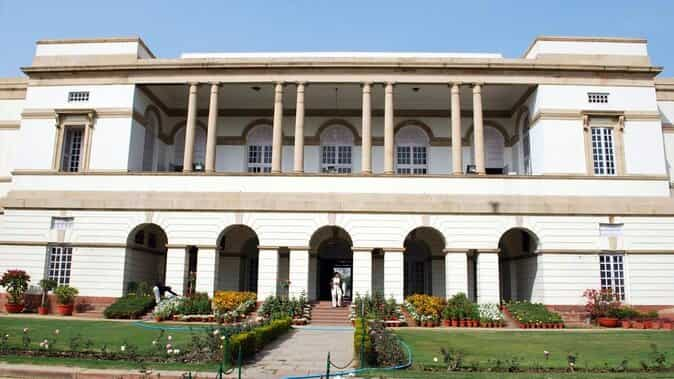

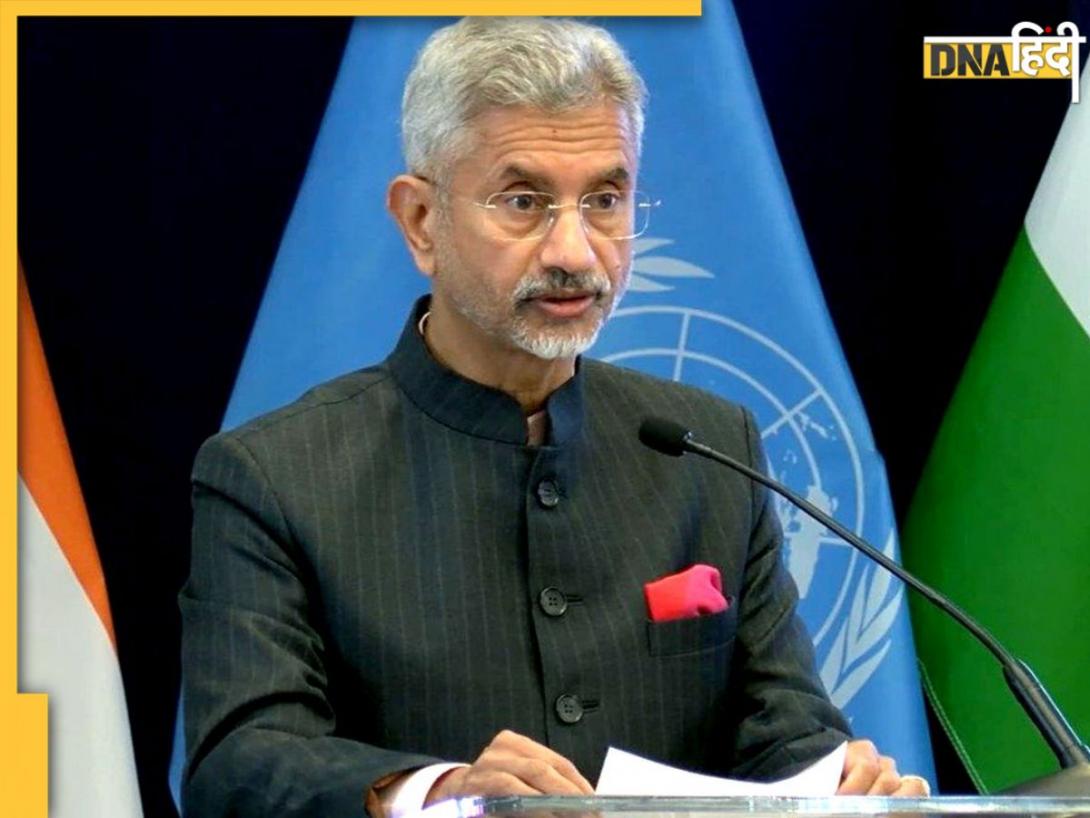




























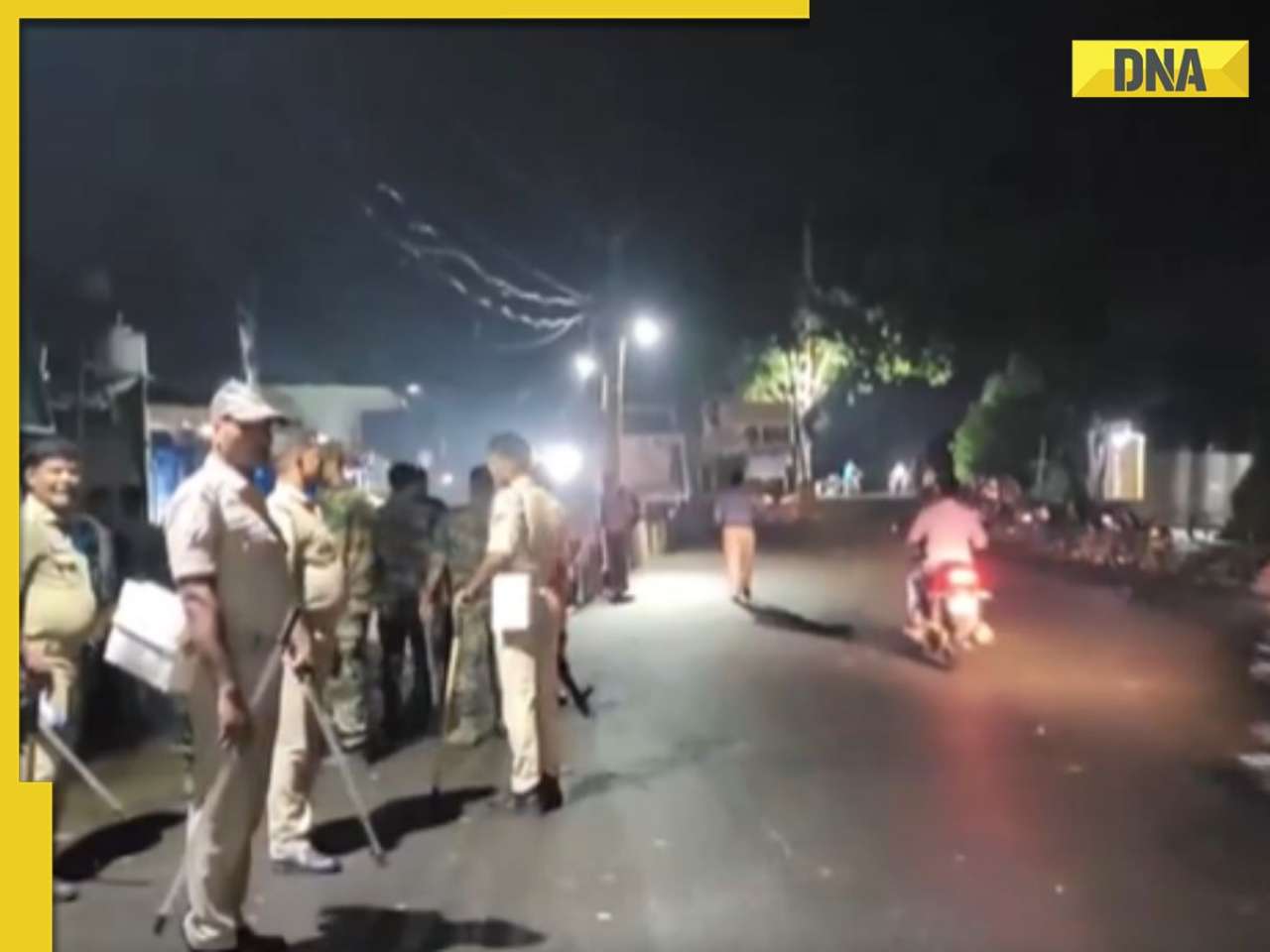
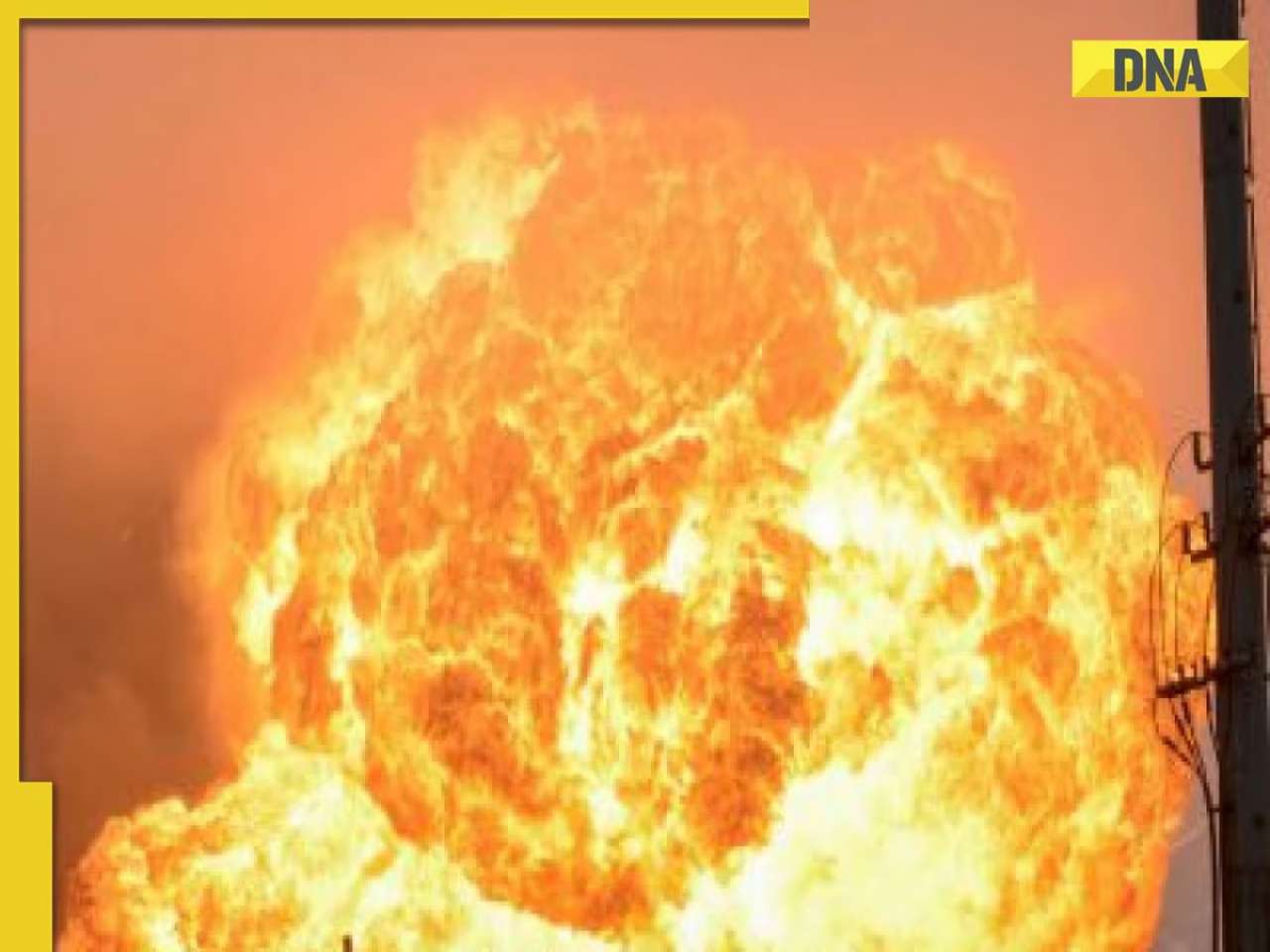

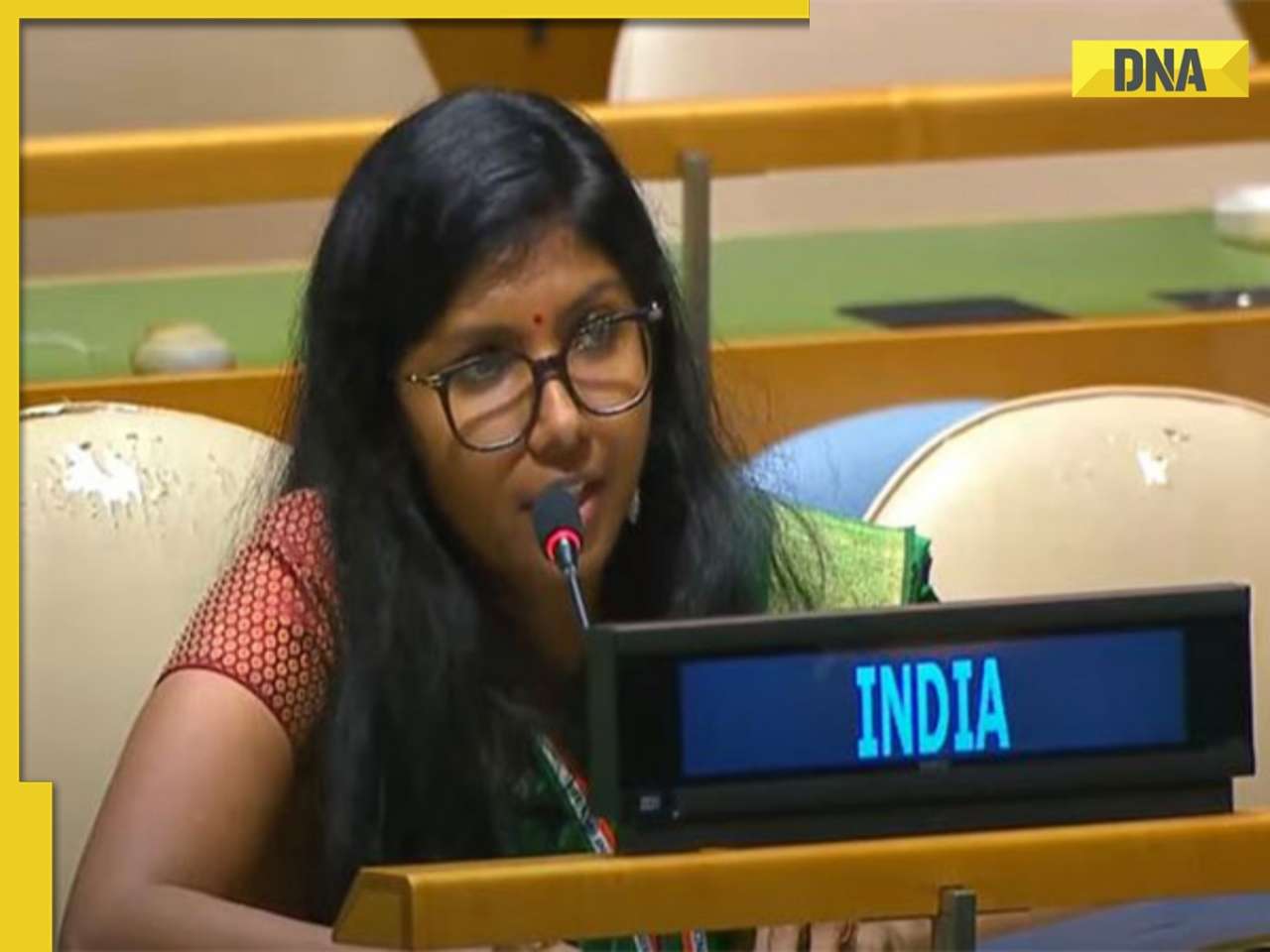

)
)
)
)
)
)
)
)
)
)
)
)
)
)
)





)
)
)
)
)
)